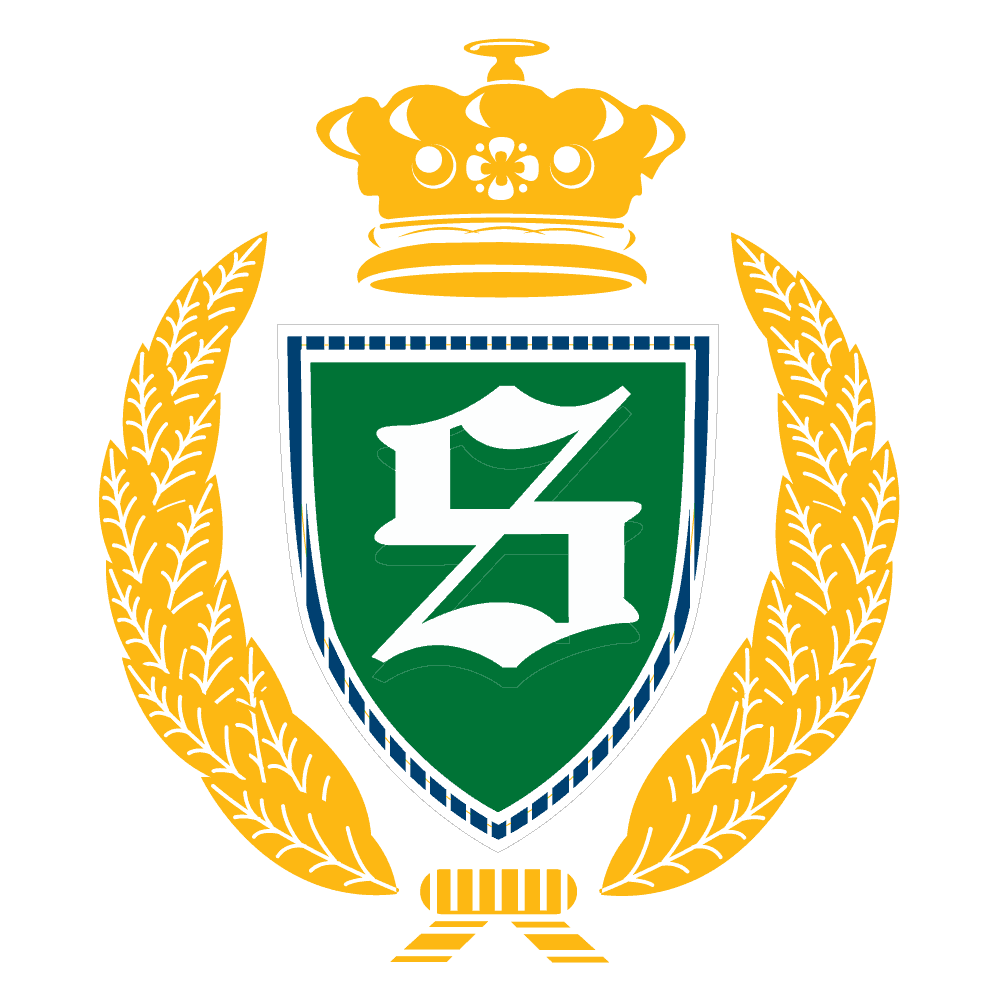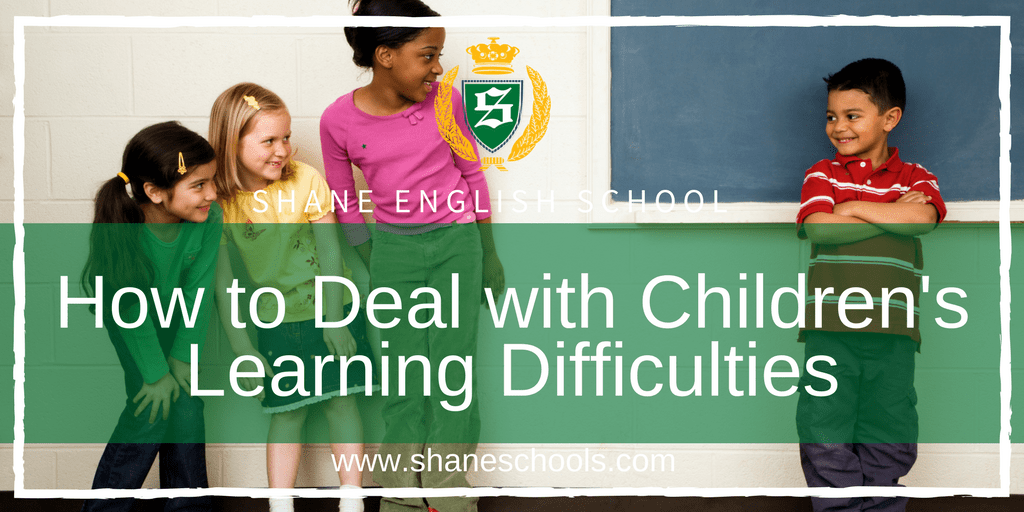At the beginning of their schooling, children suddenly become students – evaluated by their school achievements. School becomes the most important place in their lives and learning the most important activity. But what happens when a child cannot master the curriculum?
When a student cannot master the curriculum and does not score grades that match their abilities, we are talking about failure. Studies show that every 6th or 7th person has some learning disability, which makes it impossible to impose one form of learning for all students because, of course, we are not all the same. When a child has learning difficulties, it doesn’t mean that they can’t learn, but they have to do it differently, and teachers and parents must adapt to the child’s potential and progress.
The Most Common Learning Difficulties
Dyslexia
In the group of the most common learning disabilities, problems with reading are referred to as dyslexia. These difficulties include the inability to recognize words and understand what is being read. Problems are manifested in skimming, omitting, and replacing words when reading.
Dyslexia appears throughout the world in all cultures and languages. It is noticeable in about 10 percent of the population, which includes gifted, creative and successful children. (Even celebrities have it.) Dyslexia isn’t a result of reduced intelligence, and problems of behaviour and motivation can arise due to learning in an inadequate way.
Dyscalculia
Difficulties in mathematical operations, called dyscalculia, also belong to the category of the most common learning difficulties. This includes having problems in the process of adopting mathematics, which can occur in all or only certain mathematical areas. The child is advancing in math, but far slower than their peers and inadequate to their mental age.
Dysgraphia
Another common learning difficulty, difficulty in written expression, is called dysgraphia. This disorder includes the inability of the child to overcome the skill of writing which is reflected in the numerous, ongoing and typical errors. The difficulties are not related to the ignorance of spelling and are permanent, regardless of a sufficient degree of intellectual development or proper education.
Difficulties in Auditory and Visual Processing
These are related to sensory difficulties, or situations where the child cannot understand speech, even though their sight and hearing are perfect.
Hyperactivity and Attention Deficit Disorder (ADD)
Namely, studies show that nearly two-thirds of children with dyslexia, dyscalculia, and dysgraphia are children with ADD.
Autism Spectrum Disorder
Autism describes a range of behaviours and issues that a student may face, often involving difficulty socialising with other students and being unable to regulate mood and focus. However, there is an enormous spectrum of behaviours and challenges that we address in more detail here.
Providing Help
When a child has learning difficulties, it means they learn differently. Children with learning disabilities can learn, but sometimes they need to learn some things in different ways. Everyone learns in their own way.
When we realize that the child can be examined orally, the issue of the handwriting has less significance. Some kids can not read the textbook due to bad vision, but if we make the letters larger, there is no problem anymore. And nowadays, it’s nothing strange to have a child in class writing on a laptop because they can’t hold a pencil.
Lack of understanding of the child’s problems, inappropriate punishment, insisting on what cannot be done, and at the same time not pointing out what is good, along with a poor self-image and reduced self-esteem can lead to aggression and frustration.
If a child has learning difficulties, the school needs to emphasize assessing knowledge in the way it works best without punishing the pupil for what they can’t do. Sometimes, with such an individualized approach to school and additional learning aids, the program needs to be adapted to allow the child to progress according to his or her abilities, retain self-esteem, build a healthy self-image and grow into a happy person.
In cases of insufficient motivation, students should be offered more interesting, entertaining ways of learning and more rewards and praise.
Counseling Parents
But just like children, parents and teachers themselves should aid children in overcoming difficulties in learning.
Sometimes the parents have unrealistic expectations regarding success in school. The best way to deal with that is counselling parents and confronting them with the child’s fear of failure and their excessive ambitions.
Parents should be encouraged to talk to their child about what they are doing in school because in this way the child shows more interest in school. It is also desirable to socialize and play with the children, which gives a shift away from the school and the child can learn a lot through a game in a pleasant atmosphere.
Today in schools we have professionals that can help the children, parents, and teachers. Education is necessary for parents, but also for teachers and school specialists to deal with the situation because only educated teachers can lead to an atmosphere that is good for all children, parents, and the school itself. By neglecting the problem and labelling the child “bad” and “lazy” inflicts irreparable harm on the child, family, and society.
Need more teaching tips? Visit our Teaching Tips blog. Or share our Language Learning Tips with your students.
About the Author
Milica Madić is a freelance blog/article writer from Serbia, with experience in teaching and working with young learners.

We're hiring!
With schools around the world, Shane English School always has exciting new opportunities to offer.


